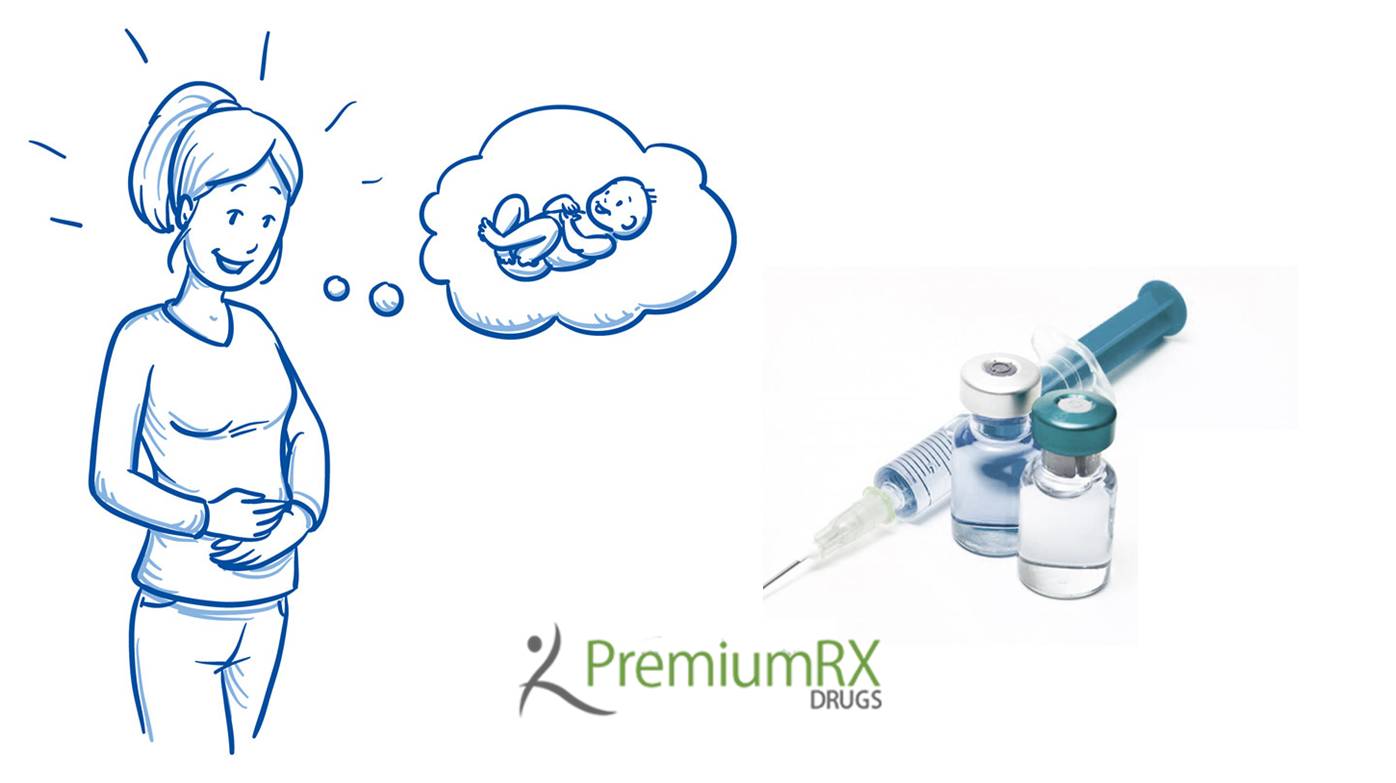Gonadotrophins are injectable hormones that are produced naturally by the brain’s pituitary gland. They can be used to treat fertility issues in both men and women. Gonadotrophins help stimulate ovulation in women, while in men, these hormones help to improve sperm count.
Is gonadotrophins right treatment for you?
- Gonadotrophins can be given to women with polycystic ovary syndrome or in women who have either not ovulated in response to clomifene citrate, or in those who have ovulated but not yet conceived.
- It can be administered to women if you are having assisted-conception treatments such as intra-vitro fertilization (IVF) or intrauterine insemination (IUI).
- This hormonal therapy can be given to a man who has a hormonal imbalance associated with decreased sperm count, or poor sperm quality or motility.
An individual undergoing this hormonal treatment must talk to his/her health care specialist about the chances of success using this drug and be clear about the precautions one need to take while using the drug. This way you can weigh up the risk and benefits as best before starting the treatment.
Gonadotrophins success rate
According to studies, it has been suggested that seven in ten women who have ovulation issue caused by polycystic ovary syndrome (PCOS) has found to ovulate after using a low dose of gonadotrophins and about four in ten have found to become pregnant. The hormonal therapy is given to induce ovulation only after failed use of fertility drugs such as clomifene citrate.
There are many factors, that affect the ability to conceive, which includes, your age, weight, at which point in your cycle you have intercourse, and the motility of a man’s sperm.
The working mechanism of Gonadotrophins
Luteinising hormone (LH) and follicle hormone (FSH) are the two hormones that are produced by your body. Both play a vital role in stimulating ovulation process in women. Gonadotrophins are given in the form of injections to directly stimulate ovaries of a woman to produce and ripen eggs. Most commonly use gonadotropins FSH and LH. Both these of these have been in use for the longest time. These are known as human menopausal gonadotrophins (HMG).
Your healthcare provider will prescribe gonadotrophins in combination with another popular hormone called human chorionic gonadotrophin (HCG). This is a hormonal therapy that helps in egg maturation and trigger ovulation too.
Treatment duration of gonadotrophins
You are a woman and already ovulating, then you can start the treatment ant time. If you are ovulating and undergoing IVF, you may be prescribed with other hormonal treatment for the suppression of your natural menstrual cycle before you start injecting gonadotrophins. The course of treatment will continue for about 10 to 12 days each month. Your healthcare specialist will teach you how to inject these hormone trigger shots yourself to avoid travelling to the clinic every day. If you don’t want to administer the trigger shot yourself, you may show to your partner how to inject the drug. But make sure you visit your health care specialist clinic’s for regularly monitoring the progress. During the treatment, your health care specialist will monitor when you are likely to ovulate. This means you will have frequent ultrasound scans that will conduct by using a probe inserted into your vagina to check your ovaries. These scans will not cause any discomfort. Alongside, you may need to have blood tests to check the hormone levels. Once you are found to have matured eggs, you will be prescribed with HCG shots to complete the egg maturing and being released.
Marie
Latest posts by Marie (see all)
- How do you know if medication is causing hair loss? - April 22, 2024
- HCG injection for pregnancy - April 18, 2024
- How Much Does Bimatoprost Cost? - April 3, 2024




